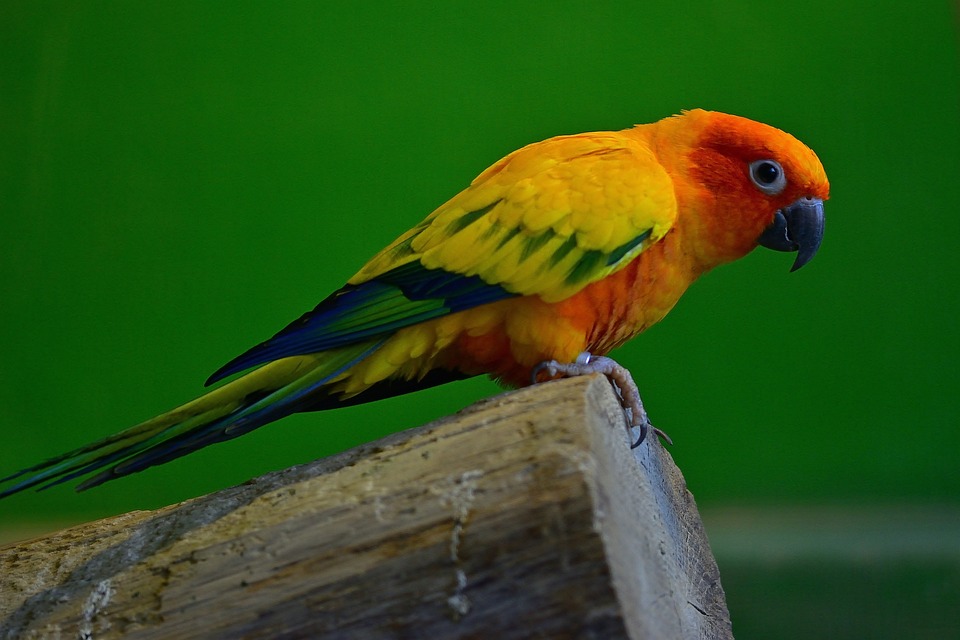In this article, we have explored the importance of understanding parrot behavior and how positive reinforcement can shape their responses. Parrots are highly intelligent and social creatures, and by understanding their behavior, pet owners can build trust, address behavioral issues, and provide appropriate enrichment for their feathered friends.
We discussed the basics of parrot behavior, including their social nature, vocalizations, and need for play and exploration. Understanding these behaviors allows pet owners to better meet their parrot’s needs and create a fulfilling environment.
The significance of understanding parrot behavior was also highlighted. Building trust and a stronger bond with your parrot is crucial for a harmonious relationship. Recognizing abnormal behaviors early on can prevent or address potential issues, and understanding behavior allows for the provision of appropriate mental and physical enrichment.
To shape parrot behavior, positive reinforcement techniques can be employed. Positive reinforcement involves rewarding desirable behaviors to encourage their repetition. Rewards can include treats, praise, toys, or any stimulus that the parrot finds rewarding. Implementing positive reinforcement involves identifying desired behaviors, selecting appropriate rewards, delivering the reward immediately, being consistent, and shaping the behavior incrementally.
Examples of positive reinforcement in parrot training were provided, including recall training, step-up training, and trick training. These examples demonstrate how positive reinforcement can be used to encourage desired behaviors.
The article also addressed frequently asked questions about positive reinforcement training in parrots. It was highlighted that positive reinforcement can be used to correct unwanted behaviors, but it’s important to avoid over-rewarding or relying solely on treats. The timeframe for seeing results may vary, and positive reinforcement training can be effective for older or previously untrained parrots with patience and consistency.
In conclusion, understanding parrot behavior is essential for pet owners to create a harmonious relationship and provide a rewarding and enriching environment for their feathered companions. Positive reinforcement techniques are powerful tools in shaping parrot behavior and can enhance the overall well-being of these intelligent and social creatures.









